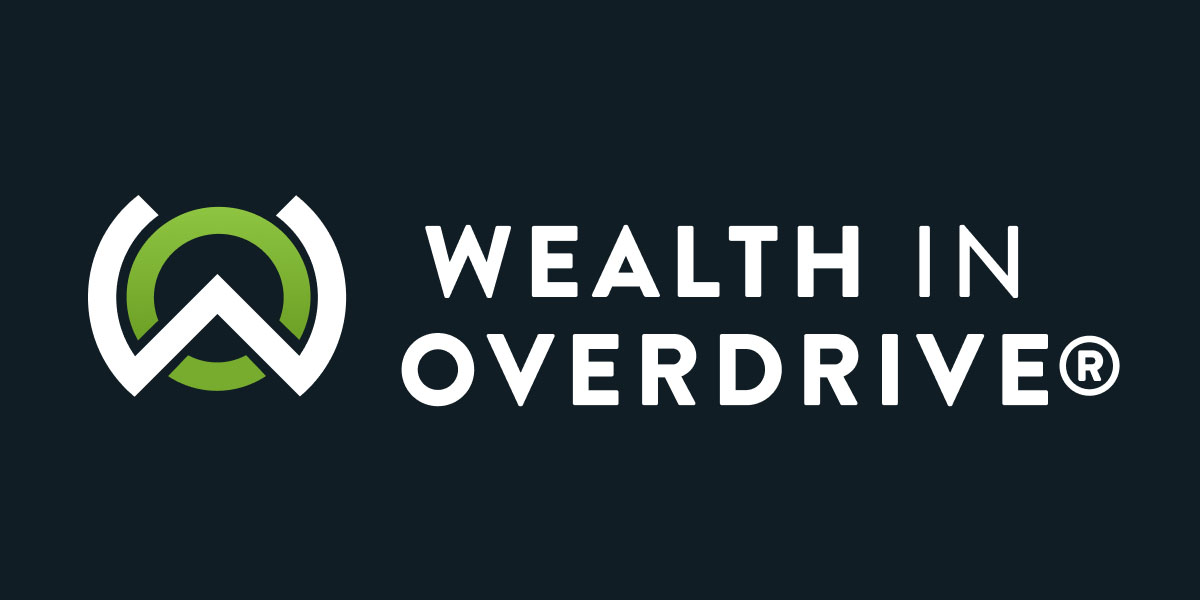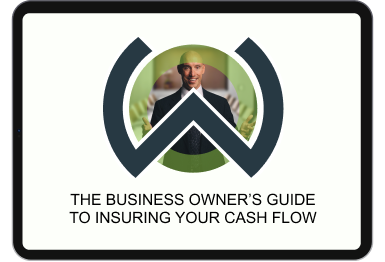Optimize the Efficiency of Your Money
It's Your$.
Not TheIRS.
We help bring the future to the present,
so you can fix it now.

which one are you?
Click the tab below that best describes you.
The #1 most important thing in your business is profit.
The #2 most important thing is cash flow.

If you don’t have one of those two things… your business is over.
You’re the expert in how to create profit in your business.
But most business owners have no idea how to insure their cash flow.
Recent events in the global economy have shown just how important that second step is. Business owners that didn’t insure their cash flow in time got their businesses wiped out.
If you’re like many business owners… you probably think of “financial advising” as being about “retirement”… and you see it as a net drain on your working capital each month as you save.
We do things differently at
Wealth in Overdrive®.
We understand that you as a business owner want ways to save for your future that still allow you access your capital today. So you can invest it in your business and make sure you have that cash when you need it.
That’s why we want to talk with you about financial planning strategies that put your Wealth in Overdrive®. Strategies that give you all the benefits of traditional retirement investing… and they are:
- Contractually guaranteed
- Tax exempt (meaning off the radar of the IRS)
- Tax-free flow-through entities
- Uncorrelated from market volatility
- Free of downside risk
- Inflation protected
- Available for cash flow and capital needs in your business
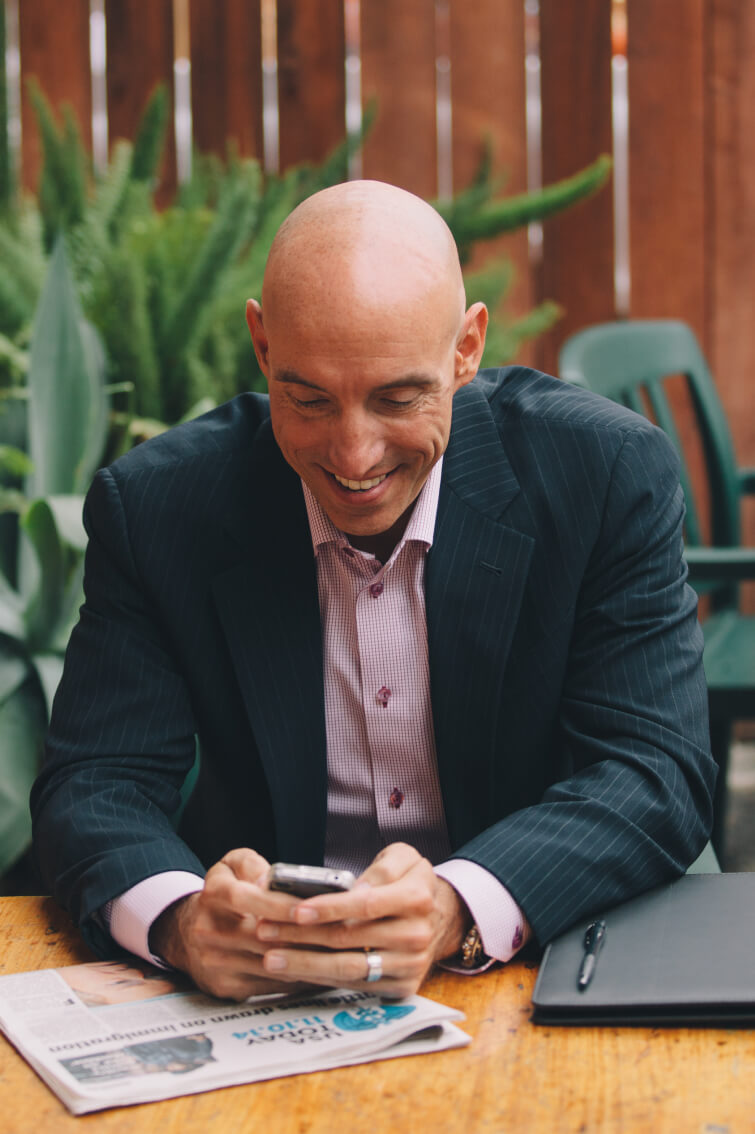
All of this may sound too good to be true… But it’s a reality that many business owners are surprised to learn they can create for themselves when they talk to us.
All of this is a foundation of protection for your business that’s legally, morally, and ethically approved within the tax code… yet the vast majority of businesses have no idea how to take advantage of this contractually-guaranteed protection.
Are you ready to access these powerful secret tools and strategies that will put your business’s Wealth in Overdrive®?
Sign up for your Complimentary Private 1-on-1 Wealth in Overdrive® Consultation
Move Your Money From Forever Taxed to Never Taxed
U.S. Judge Learned Hand once said,
“In America, there are two tax systems: one for the informed, and one for the uninformed. Both are legal.”
If you’re not informed, you’re losing money.
We’re here to show you…

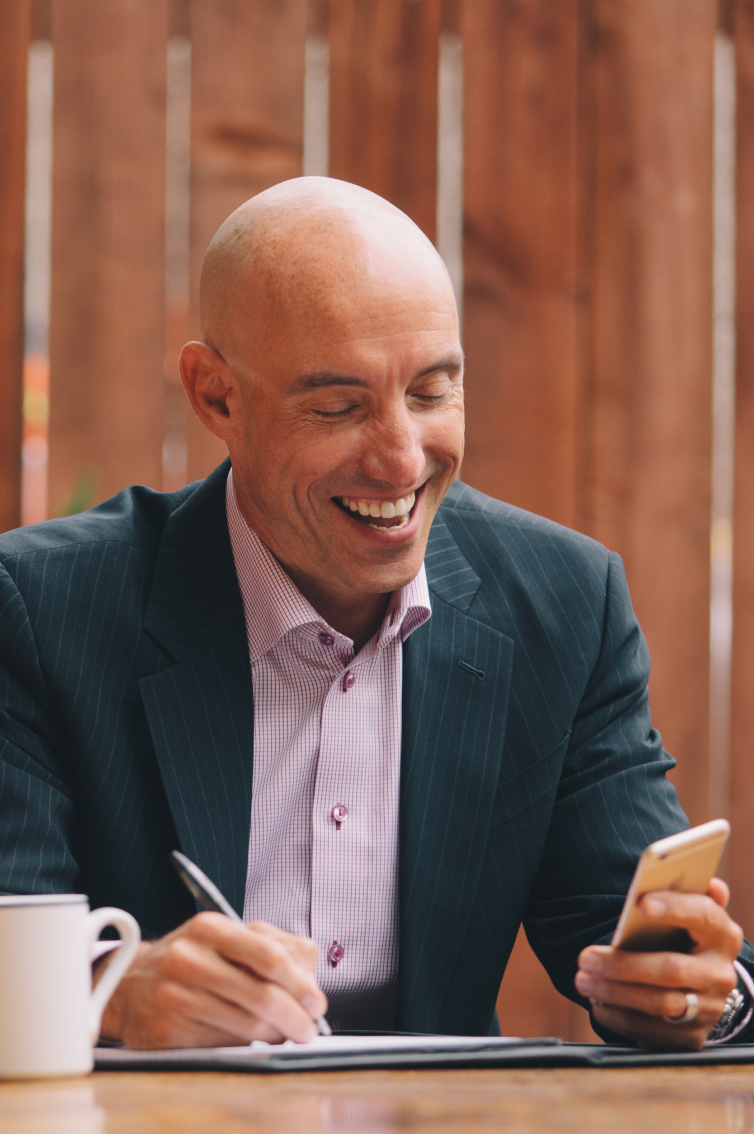
How to Leverage an Underutilized Financial Loophole That America’s Wealthiest Families Use to Secretly Build and Storehouse Wealth
That’s why we want to talk with you about financial planning strategies that put your Wealth in Overdrive®. Strategies that give you all the benefits of traditional retirement investing… and they are:
- Contractually guaranteed
- Tax exempt (meaning off the radar of the IRS)
- Tax-free flow-through entities
- Uncorrelated from market volatility
- Free of downside risk
- Inflation protected
- Liquidity now, in the future, and available for cashflow and capital needs in your business
All of this may sound too good to be true… But it’s a reality that many working professionals are surprised to learn they can create for themselves when they talk to us.
All of this is a foundation of protection for you that’s legally, morally, and ethically approved within the tax code… yet the vast majority of people have no idea how to take advantage of this contractually-guaranteed protection.
Are you ready to access these powerful secret tools and strategies that will put your business’s Wealth in Overdrive®?
Sign up for your Complimentary Private 1-on-1 Wealth in Overdrive® Consultation
The #1 most important thing in your business is profit.
The #2 most important thing is cash flow.

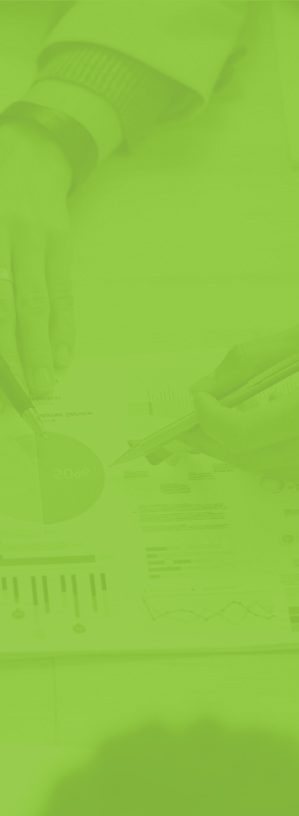
If you don’t have one of those two things… your business is over.
You’re the expert in how to create profit in your business.
But most business owners have no idea how to insure your cash flow.
Recent events in the global economy have shown just how important that second step is. Business owners that didn’t insure their cash flow in time got their businesses wiped out.
If you’re like many business owners… you probably think of “financial advising” as being about “retirement”… and you see it as a net drain on your working capital each month as you save.
We do things differently at
Wealth in Overdrive.
We understand that you as a business owner want ways to save for your future that still allow you access your capital today. So you can invest it in your business and make sure you have that cash when you need it.
That’s why we want to talk with you about financial planning strategies that put your Wealth in Overdrive. Strategies that give you all the benefits of traditional retirement investing… and that are:
- Contractually guaranteed
- Tax exempt (meaning the IRS doesn’t even need to know about it)
- Tax-free flow-through entities
- Insulated from market swings
- Uncorrelated from the rest of the economy
- Free of downside risk
- Inflation protected
- Available for immediate cash flow and capital needs in your business
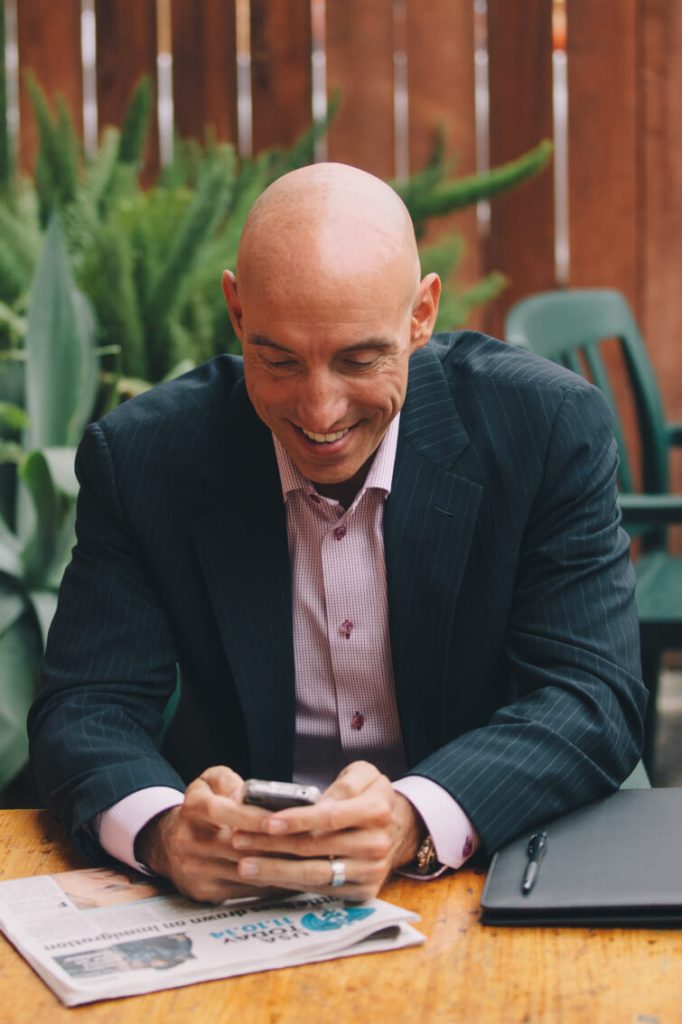
All of this may sound too good to be true… But It’s a reality that many business owners are surprised to learn they can create for themselves when they talk to us now.
All of this is a foundation of protection for your business that’s legally, morally, and ethically approved within the tax code… yet the vast majority of businesses have no idea how to take advantage of this contractually-guaranteed protection.
Are you ready to access these powerful secret tools and strategies that will put your business’s Wealth in Overdrive?
Sign up for your Free Private 1-on-1 Wealth in Overdrive Consultation
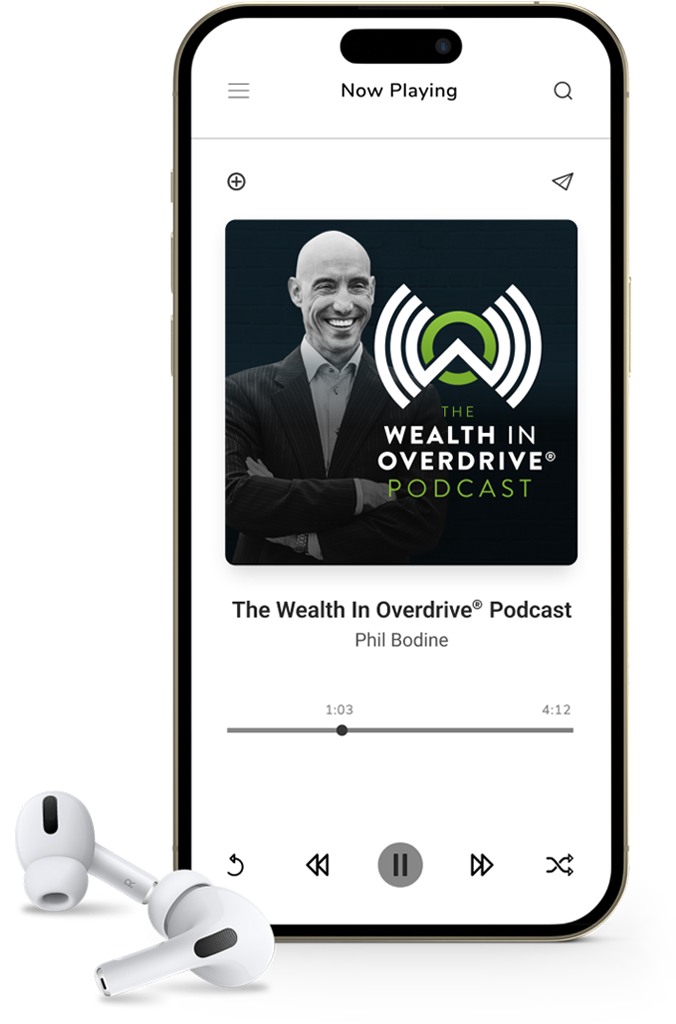
The Wealth In Overdrive® podcast was created to bring you real-life, strategy-based, and proven concepts to help clear the fog surrounding the traditional way of doing things, and break through the limitations of what people have been taught to believe.
Wealth Workshops
Discover The Unseen Risks In Your Finances
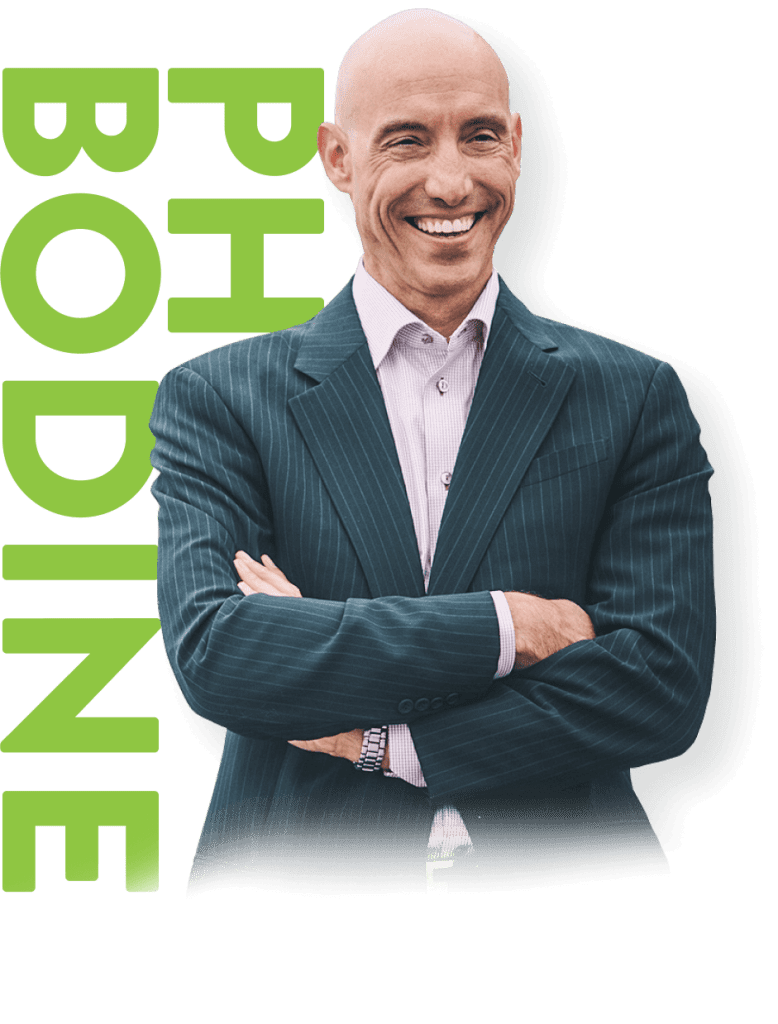
About Phil
What separates Phil from other financial advisors is he creates a financial plan around your specific situation so you can live a prosperous life.
His purpose is to explore and analyze the complicated intricacies of each individual’s and business’ financial situation in order to design and deliver simple strategies to accomplish your financial desires more quickly with less anxiety and fear of mistakes. From there, Phil builds a financial blueprint to better determine a detailed financial plan of action that allows clients to become stewards of their wealth.
These intellectual strategies effectively help reduce taxes, lower risk, increase portfolio efficiency, and augment the preservation with certainty of wealth legacy for his clients.
We Believe
We believe that everyone we encounter has a greater wealth potential than the current track they’re on to achieve.
We also believe Wall Street and financial institutions have fed people misinformation and flawed formulas which, along with eroding factors in the economy, have actually prevented them from achieving their optimum potential.
We exist to help our clients overcome those obstacles and make progress towards their full wealth building and retirement income potential, while preserving the financial integrity of their family.



